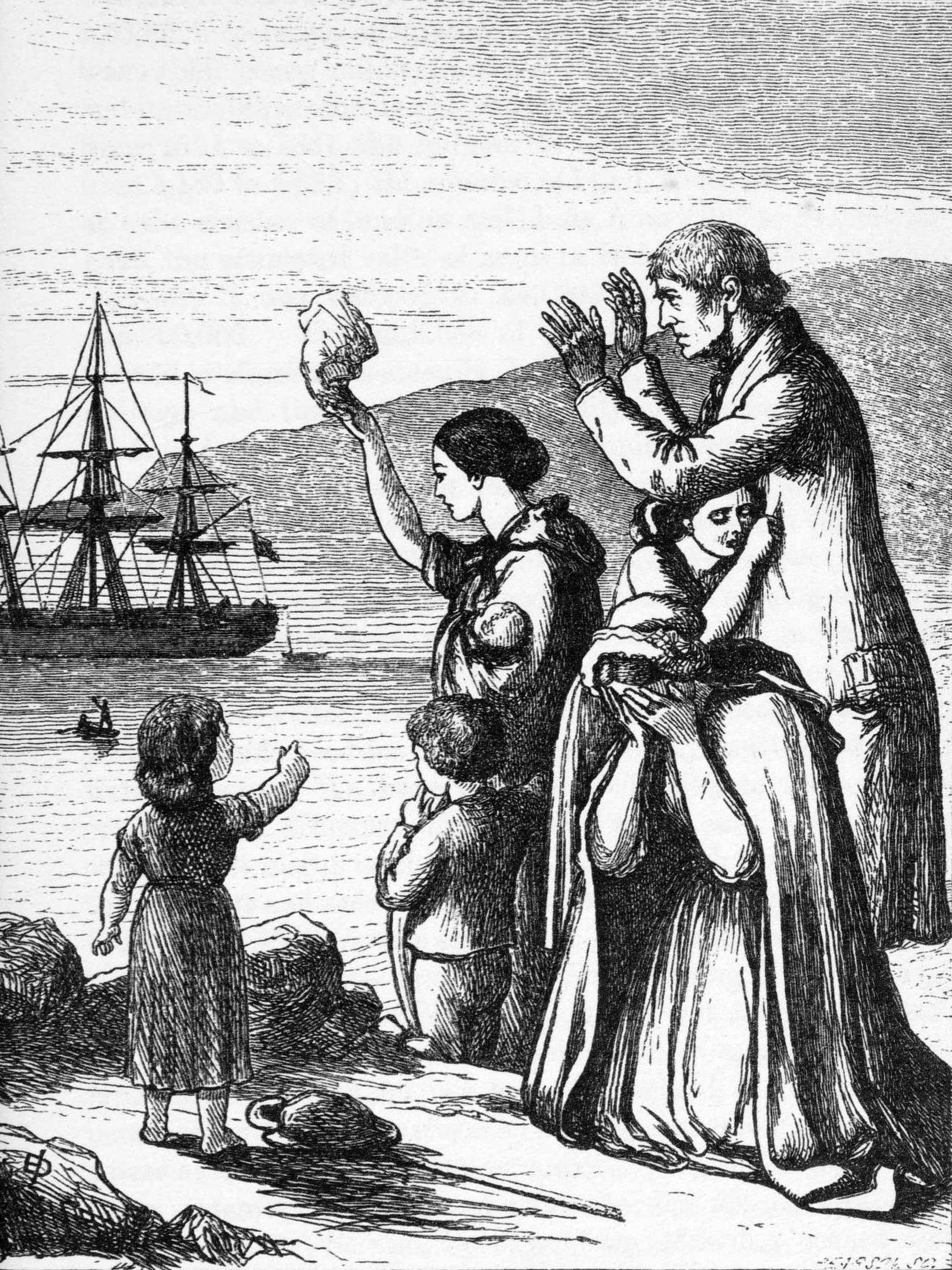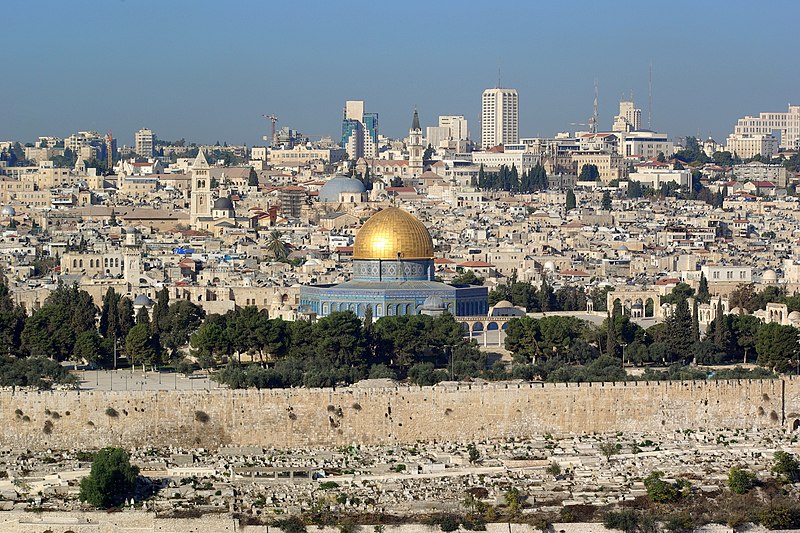Skibbereen, by James Mahony
I think we all know that Ireland had a potato famine, but probably don't know that many details about it. Allow me to try and quickly fill you in. During the 1600s and 1700s Ireland was controlled by Great Britain, who exacted very cruel penal codes against the Catholic population (you couldn't own land, vote, hold office, live within five miles of an incorporated town, get an education, enter a profession, etc). By the 1800s most of these restrictions were lifted, but the people were still impoverished. Though they could finally own land, most of it was already spoken for. The British had taken all the best land to raise beef and most of the rest was most of the rest was taken by absentee landowners who lived in England. The poor Irish farmers would work the land and send nearly all the profits to Britain. In return, the landowner would let them use the poorest bit of land to raise food for themselves, and the only thing that could grow on it with any efficiency was potatoes.

Famine Memorial in Dublin
Potatoes, apparently, are subject to a handful of diseases that can ruin the crop, and every ten or fifteen years one would come in. In the 1840s a brand new potato disease, referred to as blight, began to sweep across Europe, but the policies that had been set in place made it hit Ireland the hardest. Quickly, potato crops across the country were destroyed. The irony, of course, was that the country was still full of resources. The people, in fact, would continue to work the land all day, producing all sorts of food, only to send it on ships bound for England. This is what led John Mitchel to pen the phrase "The Almighty, indeed, sent the potato blight, but the English created the Famine."
 Emigrants Leave Ireland by Henry Doyle
Emigrants Leave Ireland by Henry Doyle
Children of the Gael died in their thousands on this island having fled from the laws of the foreign tyrants and an artificial famine in the years 1847-48. God's loyal blessing upon them. Let this monument be a token to their name and honour from the Gaels of America. God Save Ireland.
After learning a bit of the history we put on some traditional Irish music (might I recommend the Chieftans, or the Dubliners rendition of Skibbereen below?)
I'm not Irish, but my wife is 1/8, so we looked a bit into her genealogy and found her great-great-great grandfather Michael Lamb, who was born in Clara, Ireland and who lived at the time of the famine. We don't have any record besides his name, but it was good to imagine and wonder.
Coddle
Our celebration of course culminated with dinner, and so I prepared some classic Irish comfort food, Coddle. It's easy to make too. The recipe I found just calls for sausage, ham or rashers (which is bacon from the back of the pig, but we just used the halal turkey bacon we can get here), onions, and a lot of potatoes. It turned out really well, though it probably would have been better if I hadn't cut the potatoes so small. As a result I think I slightly overcooked it. But that's a testament to how good this dish is--you can totally mess it up and it will still be delicious.
Let's thank the good Lord that we have something as simple as potatoes to eat regularly. God bless Ireland, or as Google Translate tells me, Dia beannaigh Éire!



